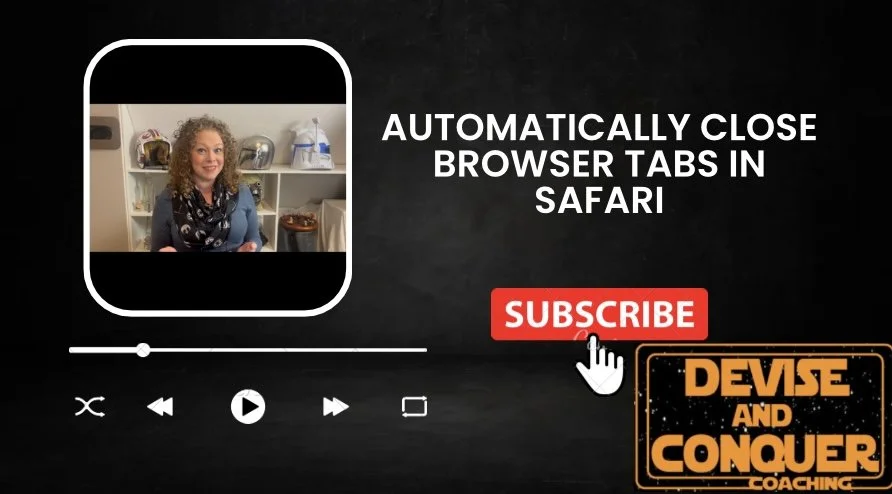Those open tabs represent broken promises to yourself. Why browser tabs fail us & how to break free.
Read MoreNotiFRIED 😵💫: Take Action on Distraction
/Too many alerts destroy our attention and mood. Here's a quick audit to take back your focus, keep the useful stuff, and make your phone respect you again.
Read MoreCalendaring: Become a Time Tamer and Gain Control of the Fourth Dimension!
/Ever feel like linear time is a mystery? Same. Here's the guide to making calendars work for you.
Read MoreThe Weekly Review: The #1 Habit to Feel Good about Your Work
/If you’ve ever started a week already behind — unsure what’s important, worried you’re missing something — try this.
Read MoreMind the Gap: Don’t fall thru the cracks when changing trains of thought
/Hyperfocus Hangovers and the Art of Easing Transitions (Why task switching can be so hard, and what you can do about it)
Read MoreChecklists that check themselves: How I use automations as checklists
/Checklists are brain-savers! Checkout how you can combine the idea of checklists with automations to streamline repetitive tasks!
Read MoreThis Spring, Clean Your Cluttered Brain (6 Ideas)
/Ditch the dusty closets—this spring we’re decluttering overwhelm, calendar chaos, and sensory overload!
Read More5 Surprising ADHD Traits—Do You Recognize These?
/You know the classic signs of ADHD, but do you recognize these lesser-known traits? From spotting hidden connections to an unstoppable curiosity—see how many resonate with you.
Read MoreFive Ways to Get Through Winter Blahs (with ADHD)
/Winter got you down? Check out these top five ways to get through until spring!
Read MoreAre Your Task Reminders Secretly Sabotaging You?
/Why some reminders of tasks can fail you, and what you can do to stop them!
Read MoreFeeling Stuck? Let's Get You Unstuck!
/Let’s get you unstuck in my brand new course, Unstuck Your Tasks, starting January 27th!
Read More4 Steps to Find an ADHD Therapist in the New Year
/If you’re looking for a therapist for 2025, here’s a way to make the process more manageable!
Read More










